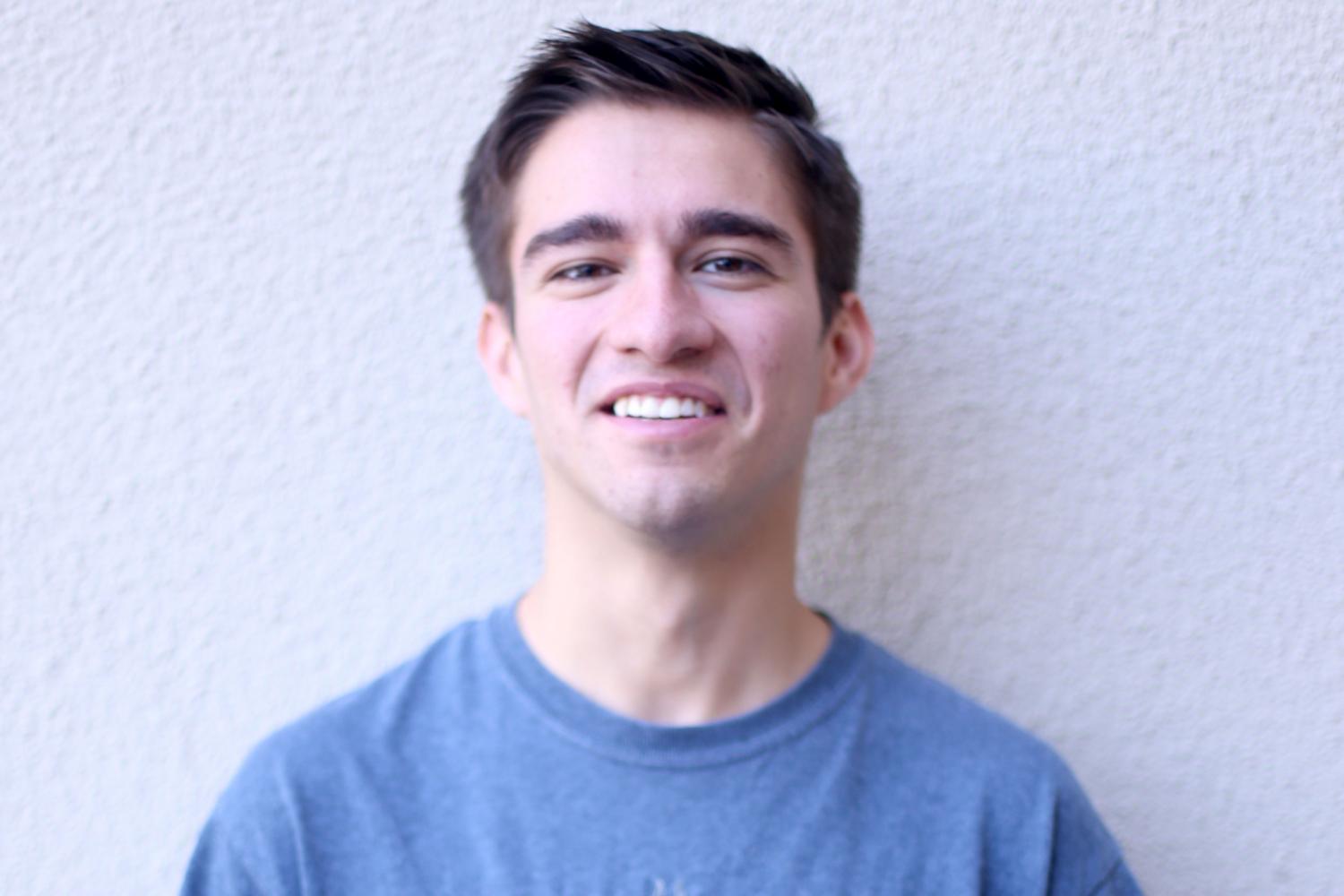In the last nine months, El Paso has acted as the civic battleground for the struggle between gentrification and historic preservation. Somewhere along the way, the conflict turned towards the residents of the barrio(ward) now known as Duranguito.
Through the threat of exercising eminent domain, the residents became concerned with thoughts of relocation and eviction. The thought of rebooting their lives in another part of town because of a shiny, new $180 million multi-purpose arena was difficult to bear with for some residents, especially the elder ones.
When the news started spreading, some started taking the role of activists, trying to lead a movement that expressed the unrest they felt because of a cause they didn’t find fair. People like the chair of the department of History at UTEP, Yolanda Leyva, author David Romo and business owner Michael Patiño did not want the residents to be relocated due to the inconvenience it represented for people who already lived in a low-income area and faced transportation shortages.
It wasn’t just Leyva, Romo and Patiño who rose up to the occasion. Duranguito saw people from all over town pour in their support helping with protests, marches and community meetings and even a posada to rally support and bring everyone together during the holidays. More importantly, El Pasoans dedicated their time and power of will when they saw the community struggle.
Personally, I had never seen this type of movement and rallying behind a single cause. El Paso showed resiliency and within my immediate social circle, a culture of proud El Pasoans started breeding. A heavier emphasis on El Paso’s history and culture was placed on my social media feed, and those who I interacted with.
Crafting signs for protests evolved and turned into protesting outside city hall, and with the legal help of former head of the County’s Historical Commission Dr. Max Grossman the pro Duranguito group managed to sustain a solid, legitimate case against the city.
Now with all but one properties bought, the landscape looks bleak. Even with the smaller victories such as the granting of a restraining order that impedes the city to issue demolition permits, acquire properties and build new ones, it seems like an inevitable fate.
The city treated things as covert operations some times. For example, at the beginning of the year members of city council held a meeting at the Indigo Hotel to discuss the construction of the arena and the potential relocation of the multi-purpose arena that potentially violated the rules of quorum.
However, the hard work, time and hope invested should not be overlooked and underestimated. Politics inherently involve the citizens of a territory to be actively involved in matters that concern that territory, and the people who have followed this development have done just that.
Regardless of whether the multipurpose arena is built within the specified territory, let this be an example of community support, social responsibility and community involvement that utopian democracies are founded on. The change in El Paso culture will hopefully serve as a way to move forward while also remembering its history and having an active role in local policy making.







kathleen staudt • Jun 15, 2017 at 6:31 AM
great work, Eddie! thanks for your analysis.